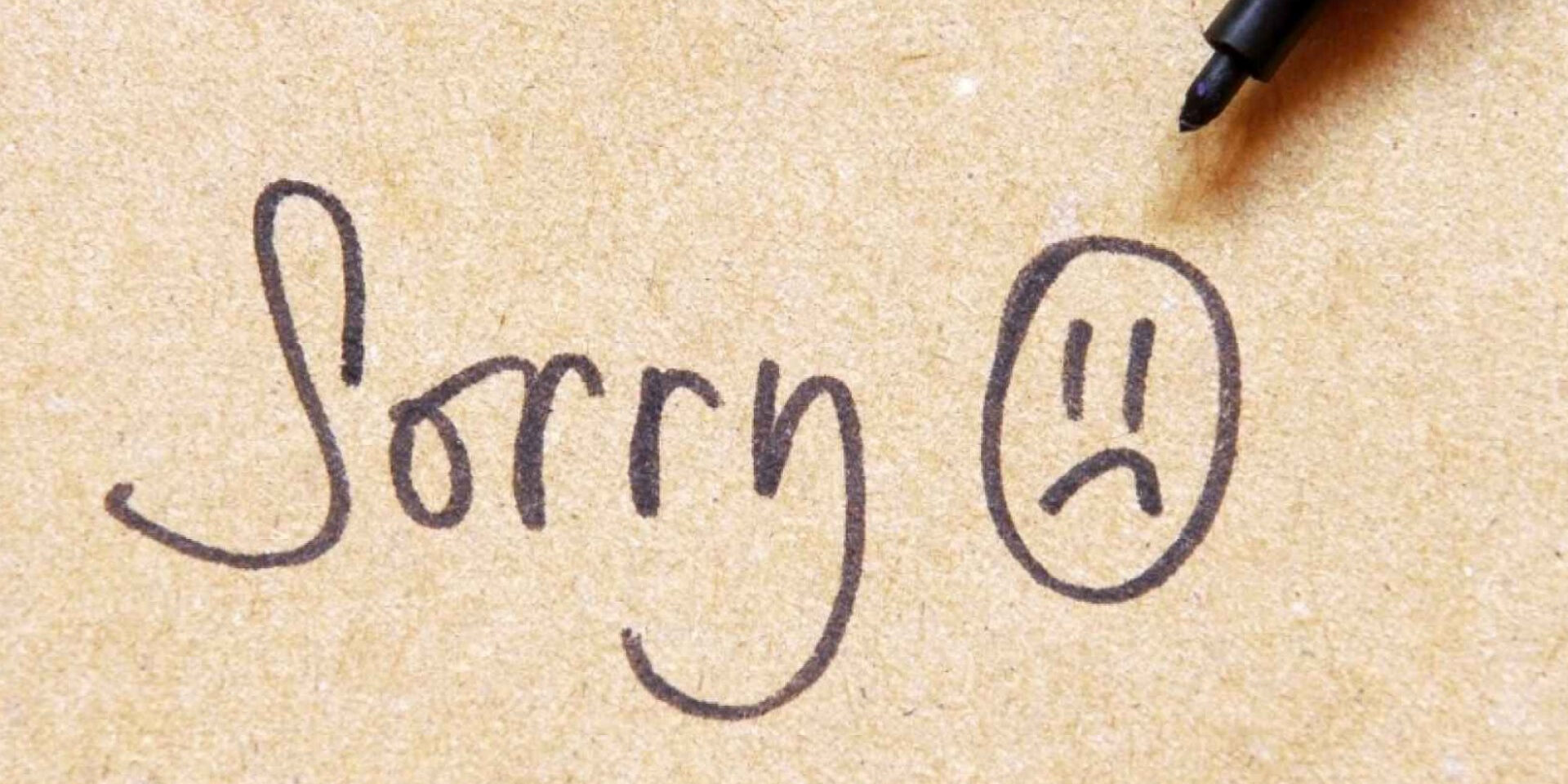Why is it so hard to apologize? Why is it so hard to accept and acknowledge responsibility for our words or actions? It takes an emotionally mature and stable person to do just that. To admit wrong, stop blaming circumstances or others and just own our “stuff”.
Professor emeritus, Roy Lewicki, of Ohio State University’s Fisher College of Business writes that there are 6 components to a good apology:
- Expression of regret
- Explanation of what went wrong
- Acknowledgment of responsibility
- Declaration of repentance
- Offer of repair and
- Request for forgiveness
The more of them that you include, the better your odds of mending or preserving a relationship.
What most people are looking for in an apology is really two things; acknowledgement of responsibility and offer of repair. The person who can sincerely offer these things is a person who can be trusted. When people cannot admit wrong they show themselves to be emotionally stunted. Though we are all broken or wounded in some way, being transparent in our woundedness draws others to us. For sure, it takes courage to apologize but it augments solid, intimate, real friendships.
Lewicki reminds us that we are so used to hearing political doublespeak that too many words gets in the way of the message of the apology. As an example, the phrase “I’m sorry if someone was offended by what I said/did” is empty of responsibility and shows neither empathy nor sincerity.
The moral? As soon as you realize that you’ve hurt someone, apologize sincerely and quickly. Don’t allow time for the offended party to stew about it making your apology and their ability to accept it less effective. Clearly own what you did or said, show sincere remorse, ask for forgiveness and offer reparation.







